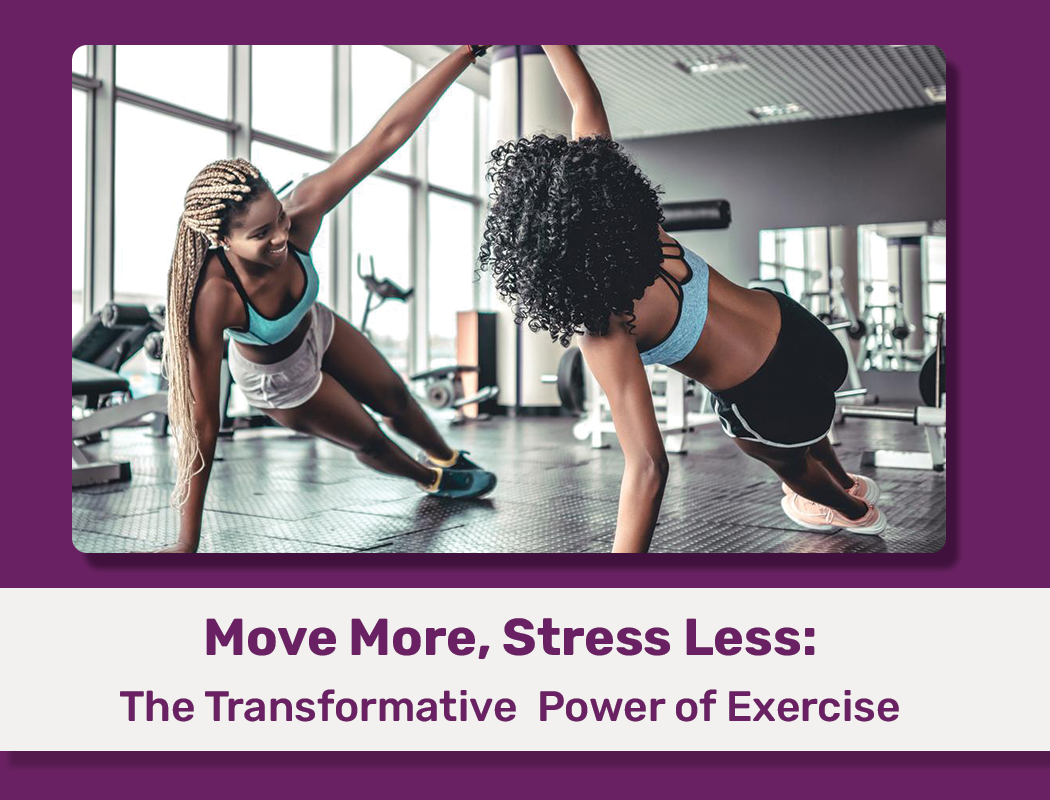
Move More, Stress Less: The Transformative Power of Exercise
In the fast-paced, stress-inducing world we live in, finding effective ways to manage and alleviate stress is crucial for maintaining overall well-being. One powerful and accessible tool that often goes overlooked is regular physical exercise. Beyond the obvious physical benefits, exercise has a profound impact on our mental state, offering a transformative power that can significantly reduce stress levels.
Understanding the Stress-Reducing Mechanism
when we engage in physical activity, our bodies release endorphins, often referred to as the “feel-good” hormones. These endorphins act as natural mood lifters, promoting a sense of euphoria and well-being. Additionally, exercise reduces levels of the body’s stress hormones, such as cortisol, leading to an overall calming effect. By consistently incorporating exercise into our routines, we create a natural defense against the daily stressors that life throws our way.
The Role of Physical Activity in Anxiety Reduction
Beyond stress, exercise has been proven to be an effective antidote to anxiety. The rhythmic, repetitive movements involved in activities like walking, jogging, or cycling can have a meditative quality, calming the mind and reducing feelings of anxiety. Furthermore, regular exercise improves sleep quality, a crucial factor in managing anxiety levels. Adequate rest, coupled with physical activity, creates a powerful combination for anxiety reduction.
Building Resilience Through Exercise
Life is unpredictable, and challenges are inevitable. The resilience developed through regular exercise can make a substantial difference in how we navigate and bounce back from adversity. As we face physical challenges during workouts, our mental toughness is honed simultaneously. This mental fortitude becomes a valuable asset when confronting stressors beyond the gym or jogging trail.
Creating Healthy Habits for Long-Term Well-being
one of the most significant advantages of using exercise as a stress management tool is its sustainability. Unlike some stress-relief methods that may provide short-term relief, regular physical activity can become a lifelong habit. This consistency is key to reaping the long-term mental health benefits of exercise. Integrating exercise into our daily lives establishes a routine that supports our mental well-being over the months and years.
Practical Tips for Incorporating Exercise into Your Routine
Start Small: If you’re new to exercise, begin with short, manageable sessions and gradually increase intensity.
Find What You Enjoy: Whether it’s dancing, hiking, or weightlifting, choose activities you genuinely enjoy to make exercise a pleasure rather than a chore.
Consistency is Key: Aim for regularity in your exercise routine. Even short sessions several times a week can make a significant impact.
Mix It Up: Keep things interesting by incorporating various exercises into your routine. This not only prevents boredom but also engages different muscle groups for overall fitness
In conclusion, the transformative power of exercise in stress reduction cannot be overstated. By understanding the physiological and psychological benefits of physical activity, we empower ourselves to take control of our mental well-being. So, lace up those sneakers, hit the gym, or take a brisk walk ��� because moving more today can lead to stressing less tomorrow.




